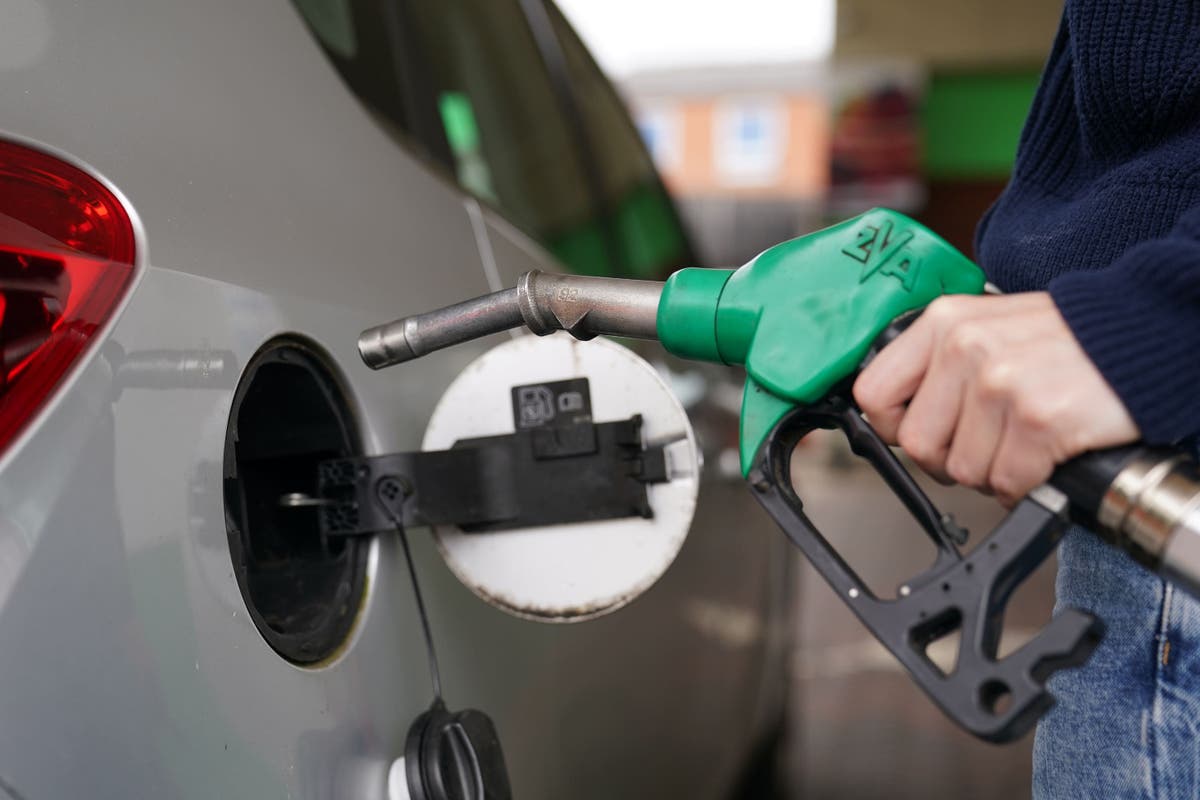Canadian Prime Minister Justin Trudeau announced his resignation, marking a significant political shift for the country. The move comes amidst declining support within his Liberal Party and nationally, coupled with mounting challenges from U.S. President-elect Donald Trump. Trudeau intends to remain in office until a new party leader is chosen.
Trudeau's departure coincides with the looming threat of U.S. tariffs on Canadian goods, a contentious issue that continues to escalate under the Trump administration. This adds further complexity to Canada's political landscape, with an election likely just months away.
Recent ministerial resignations, including that of Finance Minister Chrystia Freeland, are believed to have significantly impacted Trudeau's standing. The departure of a trusted and powerful figure like Freeland is widely cited as a crucial factor in the PM's decision.
The cost of living crisis, including soaring food and housing prices, alongside increased immigration, also contributed to Trudeau's declining approval ratings. The political climate further complicates matters.
A new leader will likely not be in place before President-elect Trump's inauguration on January 20th. This presents a critical period for the Liberal Party to navigate potentially divisive trade relations.
Trump's administration continues to voice concerns about the trade imbalance with Canada, frequently characterizing it as a subsidy. While Canada's ambassador to the U.S., Kirsten Hillman, has emphasized the complexities of trade figures, including the significant energy exports from Canada, the potential for retaliation from Canada remains a concern.
The political instability is compounded by the opposition parties' declared intention to bring down the Liberal government and potentially call for early elections. The Liberal Party's ability to select a suitable leader before the critical March 24th parliamentary resumption date, and the party's survival, is uncertain.
Given the current political climate, a spring election is highly probable and could favor the Conservative Party, led by Pierre Poilievre, in opinion polls. Poilievre, a strong challenger who capitalized on public discontent, now appears a prominent contender for the position.
Other potential candidates for the leadership include former Bank of Canada Governor Mark Carney and Freeland, a highly competent and globally recognized figure. Freeland, though considered a front-runner, has recently faced criticism from the Trump administration.
The political situation underscores the uncertainty surrounding the country's future direction as it navigates internal party conflicts, external trade pressures, and the potential for substantial electoral upheaval in the coming months.







